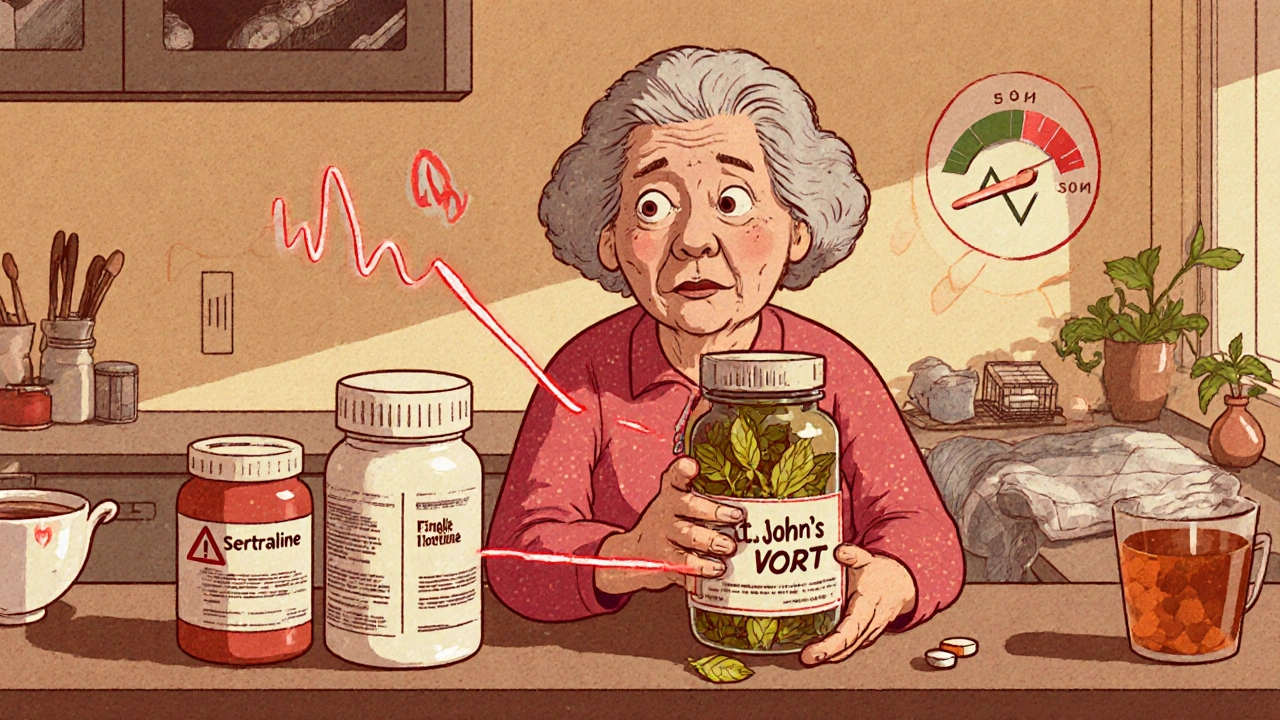Warfarin: What It Is, How It Works, and What You Need to Know
When you hear warfarin, a prescription blood thinner used to prevent dangerous clots in the heart, legs, or lungs. Also known as Coumadin, it's one of the most prescribed anticoagulants in the U.S. for people with atrial fibrillation, artificial heart valves, or a history of deep vein thrombosis. It doesn’t dissolve clots—it stops new ones from forming. That’s why it’s not a quick fix for a clot you already have, but a long-term shield against future ones.
Warfarin works by blocking vitamin K, which your body needs to make clotting proteins. But here’s the catch: vitamin K is everywhere—in leafy greens, broccoli, even some supplements. That’s why eating a big salad one day and skipping it the next can throw your blood’s clotting balance off. That’s also why your doctor keeps checking your INR, a lab test that measures how long it takes your blood to clot. Too low, and you risk a stroke or pulmonary embolism. Too high, and you could bleed internally from a minor bump. Most people aim for an INR between 2 and 3, but it varies by condition. Your target isn’t set in stone—it changes with your health, meds, or even your diet.
Warfarin doesn’t work alone. It’s affected by dozens of other drugs. Antibiotics like metronidazole can spike your INR. St. John’s wort can make it less effective. Even over-the-counter painkillers like ibuprofen can increase bleeding risk. That’s why it’s so important to tell every doctor, pharmacist, or even your dentist you’re on warfarin. It’s not just about the pill—it’s about your whole health picture. And while newer blood thinners like apixaban or rivaroxaban don’t need regular blood tests, they’re not always cheaper or better for everyone. Warfarin still holds its place, especially for people with mechanical heart valves or those who need precise, long-term control.
You’ll find posts here that dive into how warfarin interacts with other meds, what to do if you miss a dose, why some people switch off it, and how diet changes can make or break your treatment. You’ll also see real comparisons with other anticoagulants, tips for managing side effects, and what to watch for if you’re on warfarin long-term. This isn’t theory. These are the questions real patients ask—and the answers that keep them safe.

- 10 Comments
Switching to generic medications can be safe - but for drugs like warfarin and levothyroxine, even small changes in formulation can cause serious side effects. Here's when dose adjustments are needed and what patients should watch for.

- 9 Comments
Combining blood thinners with NSAIDs like ibuprofen or naproxen can increase bleeding risk by over 4 times. Learn why this dangerous interaction affects all anticoagulants-and what safer pain relief options actually work.

- 15 Comments
Many herbal supplements can dangerously interact with common prescription drugs like blood thinners, antidepressants, and statins. Learn which ones are risky, how they affect your meds, and what to do to stay safe.
